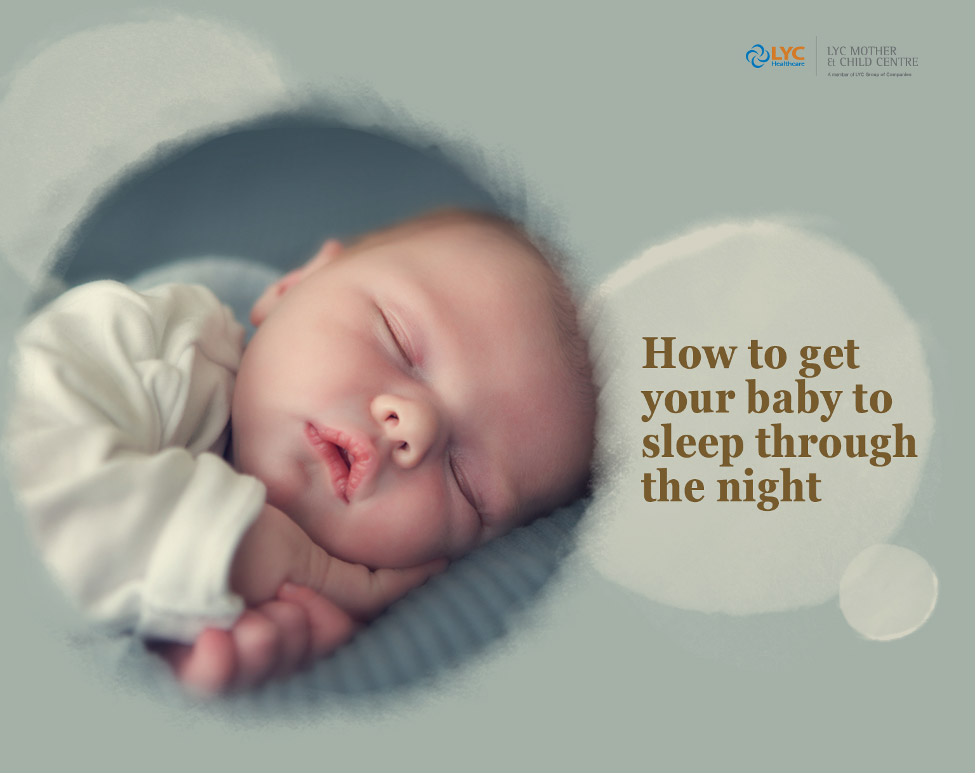
If your baby doesn't sleep through the night, it will also cause parents to be physically and mentally exhausted and this can affect your daily life and routine.
Therefore, maintaining a consistent sleep schedule and providing a good sleeping environment will help your baby maintain a good sleep and develop a healthy lifestyle.
Here are some suggestions for new parents and mistakes to avoid. Remember that every baby is unique and requires different approaches and timing to getting a good night's sleep.
First of all, it is very important to establish a consistent bedtime routine for your baby. Get your baby to fall asleep by setting the same bedtime for your baby every night. Start a bedtime routine, such as baths, storytelling, and lullabies, to help your baby fall asleep.
Make sure your baby has a comfortable, safe sleeping environment that is conducive for sleeping. Choose a comfortable mattress and warm blanket for your baby, while using "white noise" to provide a peaceful background.
Swaddling your baby can help them feel safe and comfortable, which can lead to better sleep. Swaddle your baby in a swaddle or wrap to give them a soothing feeling.
It is also important to keep the room dark, and using blackout curtains or blinds to ensure the room remains dark will help create a better sleeping environment.
A pacifier can help your baby calm down and fall asleep, but it is important to be safe and remove the pacifier after your baby has fallen asleep to avoid the potential risk of choking.
Trying to put your baby to sleep when they are awake but drowsy can help your baby learn to self-soothe and fall asleep independently.
Establishing a regular daytime routine for your baby is also very important to help your baby establish a regular sleep schedule during the day and promote a better night's sleep.
Bedtime feedings help your baby fall asleep by making them feel full and sleepy. You can feed your baby with milk before bedtime, but avoid excessive abdominal distension.
Avoid stimulating activities, such as playing with toys or watching TV, before bedtime to avoid overstimulating your baby. When your baby wakes up in the middle of the night, keeping the interaction low-key will help your baby fall back to sleep without overstimulating their attention.
Don't ignore your baby's sleep cues, such as rubbing his eyes or acting fussy. Pay attention to these signs and put your baby to bed when they are tired.
Don't overtire your baby before bedtime, as an overtired baby may be difficult to soothe and fall asleep.
Avoid putting your baby to sleep with a bottle, as this increases the risk of tooth decay.